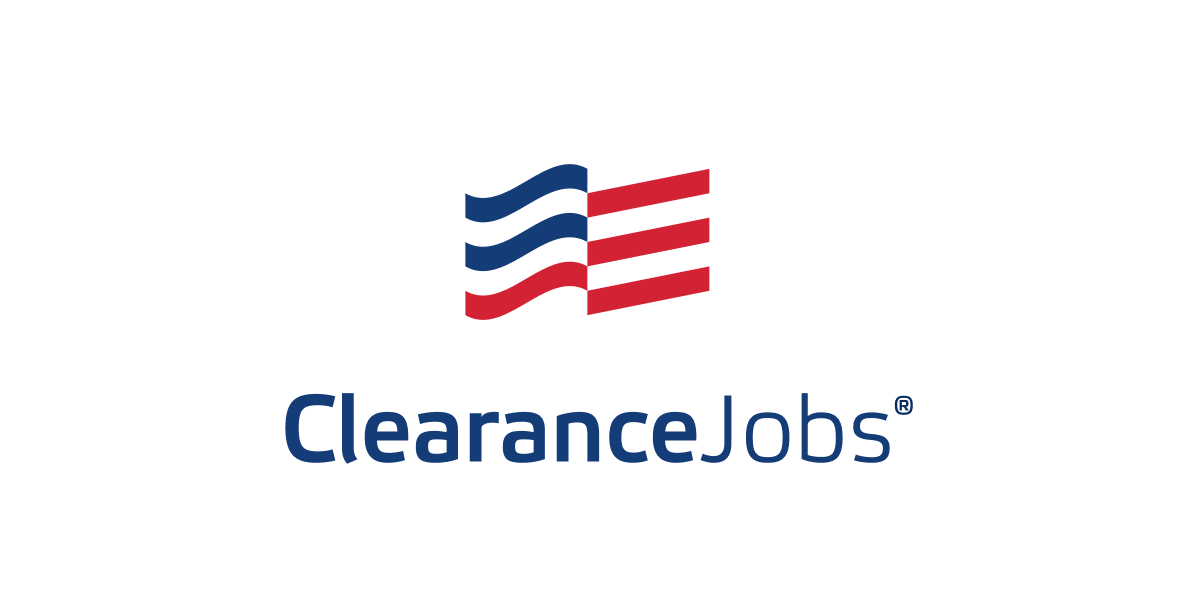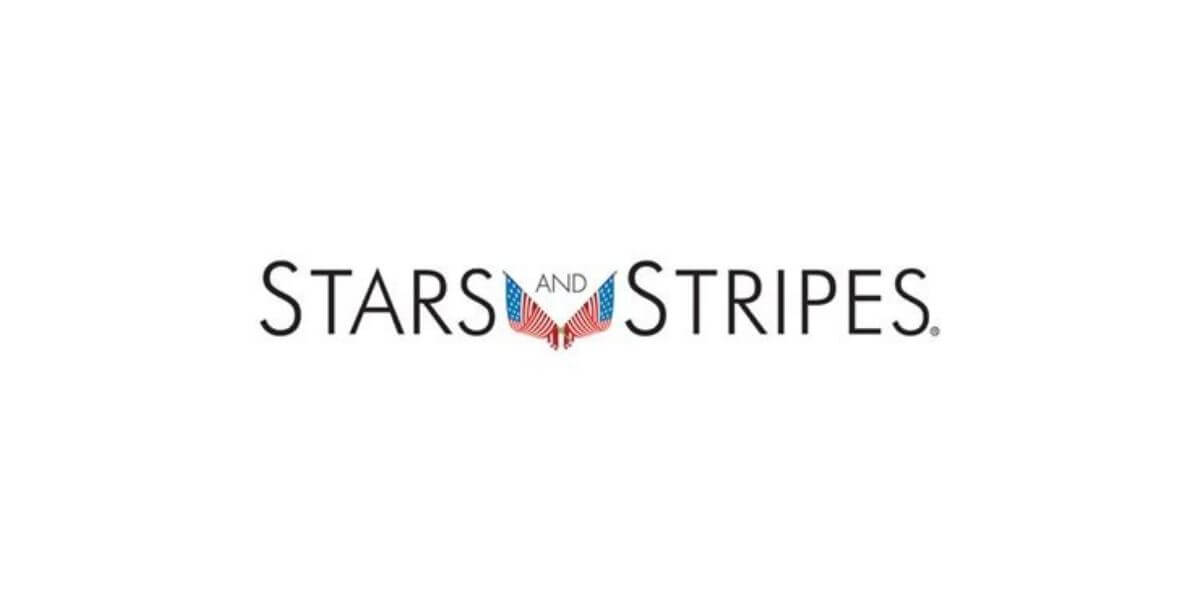WASHINGTON, D.C. (FEDweek) — Experts in the field of federal EEO law are assessing the potential impact of two new enforcement policies announced by the EEOC, with one early reading being that one of them in particular could discourage complainants.
In one of the memos, the EEOC ended a practice of imposing monetary sanctions, including attorney’s fees and costs, against federal agencies that do not comply with the EEOC’s orders in administrative proceedings. It said that “corrects” the agency’s position, which it said has been counter to guidance from the Justice Department and a court ruling.
Said Michael Fallings, Partner at Tully Rinckey PLLC, “Often, complainants will seek monetary sanctions against the government due to the government’s violation of EEOC regulations or violation of orders. These monetary sanctions are sought mostly due to the legal fees complainants expend on correcting the agencies’ violations. Without the monetary sanctions, agencies may not be as deterred to commit future violations.”
He noted that the agency meanwhile said it would emphasize other steps against non-compliant agencies—such as “adverse evidentiary inferences, excluding evidence, or taking other appropriately tailored action”—saying that complainants “will need to focus their efforts on these remedies when remedying agency violations.”
Also in favor of the management side was the other EEOC memo, in which it told agencies that someone accused of unlawful discrimination” —commonly, but not always, a management official—should not be the subject of actions such as withholding or delaying promotions without “a substantive finding of misconduct based on objective and credible evidence.”
In a statement, the EEOC said it “will continue to provide complainants robust tools to prove their claims, but it will also educate federal agency employers that federal employees who are the subject of an EEO complaint should be given a full and fair chance to clear their names through the EEO process.”




